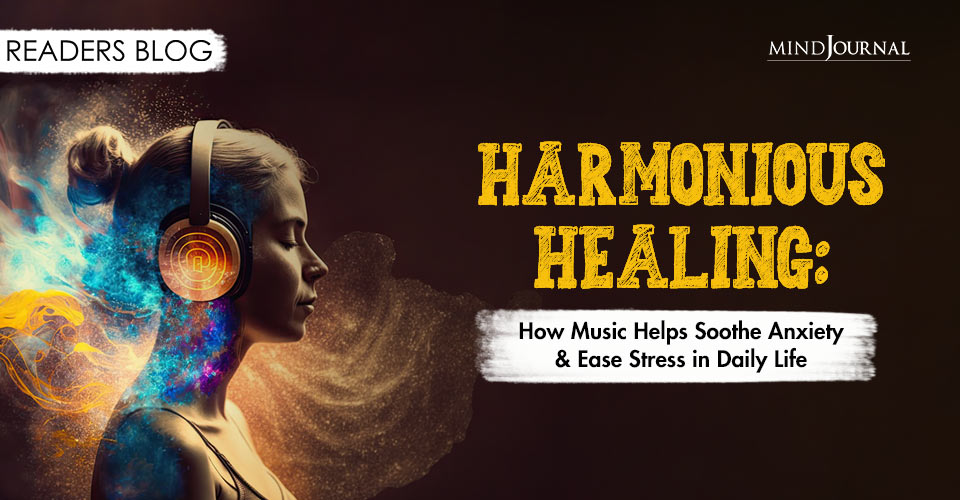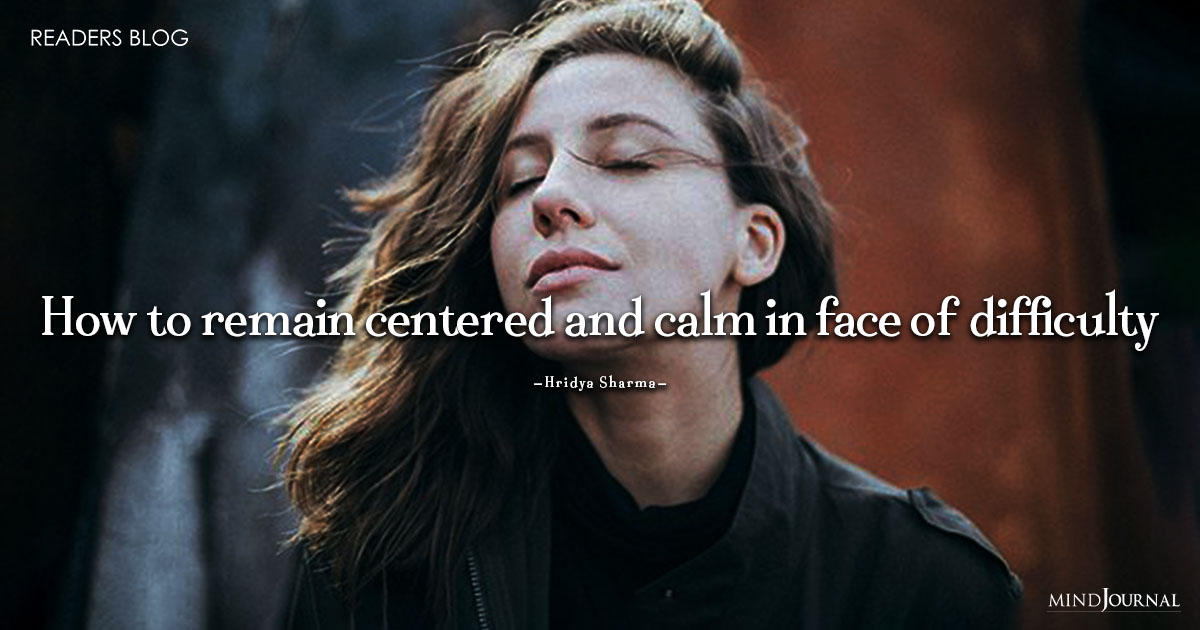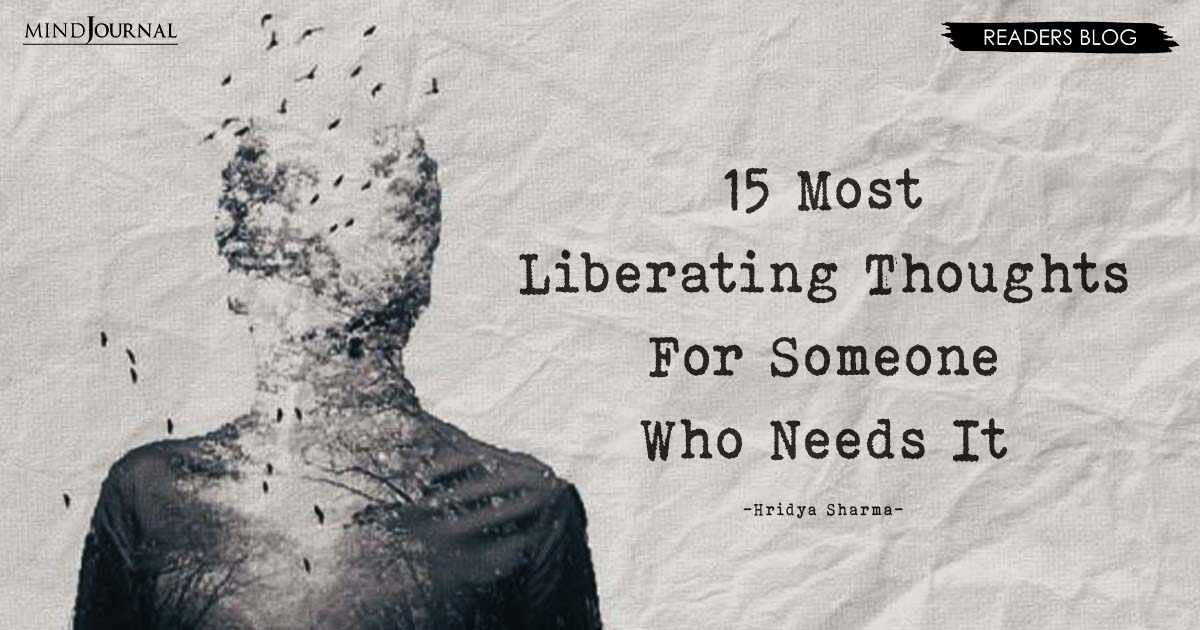What’s life without music? Can you imagine it? I would lack motivation to live and continue my day if there is no music to uplift my mood after a hectic day.
As we navigate through the challenges and demands of modern living, seeking relief has become paramount. Surprisingly, one potent remedy lies within our grasp – music.
Beyond its entertainment value, music holds the power to alleviate anxiety, reduce stress, and promote overall well-being.
It also has been proven by several scientific studies & research papers.
Music and the Human Culture
Throughout history, the role of music in human culture is deep rooted and multifaceted.
It used to be a significant medium of entertainment in ancient rituals and ceremonies and then got recognition as a valuable tool for promoting mental health.
With the evolution of different traditions, spiritual masters around the world used the music to aid in recovery for various conditions.
Though our ancestors recognized the therapeutic effects of music on mental well-being long back, music therapy has emerged as a scientifically-backed method for alleviating anxiety and reducing stress in recent years.
Today, I am exploring here what science say about this and how it can be a harmonious healing tool to soothe anxiety and ease stress in our daily lives.
How Music Helps Soothe Anxiety & Ease Stress According to Science
Numerous studies have been published to indicate the miraculous benefits of music on the human brain & body.
A recent 2016 study conducted by Bradt et al. published in The Cochrane Database of Systematic Reviews showed that music significantly removed anxiety levels among various categories of population including those with specific health conditions.
Let’s see how music therapy is so effective!
1. Music reduces stress hormones
Who doesn’t want to take a break from the harsh realities of life? But his to do it?
For me and many of us, that fantasy we can create through music.
A research review by Thoma et al. (2013) in the Journal of Music Therapy showed that if you listen to soothing music it helps alleviate the production of cortisol, a stress hormone.
When the cortisol levels are lower in your body, you feel less anxious, and experience a decreased level of stress.
Besides it, the rhythms and melody of music have therapeutic effects on anxiety and stress by regulating your emotions and creating a sense of calm.
2. Music triggers the release of dopamine
While numerous scientific studies have already proven the positive impact of music on the brain, a new 2019 study found that listening to enjoyable music triggers the release of dopamine in the brain.
If you don’t know about dopamine, it’s a type of chemical that allows you to feel satisfaction, pleasure, and relaxation.
So, when we listen to music we love, it can create a positive and soothing effect on our minds.
3. Music improves Sleep Quality
Whether you’re going through a tough phase of life or you’re just stressed out due to your daily work, overthinking doesn’t let you sleep.
It happens to many of us. And that’s why insomnia is increasing day by day in modern life.
And that’s why the music is here!
A study published by Cordi, Ackermann, and Rasch in 2019 revealed that soothing music before bedtime can significantly improve sleep quality and reduce insomnia symptoms.
The calming effects of music create a peaceful environment that promotes better sleep.
4. Individualized music selection
Not all the music is created equal and not all kinds of music is everyone. And here arises the importance of personalized music selection.
A study by Thoma and colleagues (2013) explored how personalized music selection could play a vital role in decreasing stress levels. It suggests that if a person chooses music that caters to their personal needs better, it works more effectively and helps in greater reduction in stress.
However, some kinds of music like gentle instrumentals, nature sounds, and soft vocals are those choices that help everyone to fight stress and leave a calming effect on mind.
5. Music for various stressful situations
Apart from daily stress buster tools, music can be an excellent coping mechanism for specific stressful situations too.
For example, when you’re exercising, an energetic and upbeat music can give you motivation. Similarly, soft and soothing tunes set your mood to relaxation and thus help you have a quality sleep.
6. Mindful music listening
In a 2018 study by Baylan et al., experiences of music, mindful music, and audiobook listening were investigated in the context of stroke recovery.
And the result showed that engaging in mindful music listening helped to the overall rehab process and speeded it up.
We saw above that these scientific studies provide strong evidence supporting the healing effects of music on anxiety and stress.
That’s why you should plan to incorporate music mindfully into your daily life to harness its therapeutic potential.
You can also add mindful listening to your daily routine without getting distracted.
Here are 8 tips to enhance your well-being & find motivation daily through music.
How to Integrate Mindful Listening Practices into Daily Life
It’s very simple.
1. Create a calming morning ritual
Incorporating music into your morning routine can help you start your day on a positive note.
Most mornings, I do this. As I wake up, I play gentle uplifting tunes during my morning stretches.
You should also try this while sipping your morning beverage, performing yoga, or getting on the treadmill.
This can set a serene tone for the rest of the day.
2. Create a relaxing playlist
Create a playlist with your favorite songs and instrumental tracks that give a calming effect to your mind.
Consider using online platforms or apps like Spotify to discover new music suited to your taste.
This handy collection on your music player or phone works as an instant relaxation therapy whenever you need it, whether it’s during your commute, work breaks, or while winding down after a long day.
3. Engage in active listening
We listen to music according to our mood most of the time. But the next time you decide to listen to music, I want you to do it mindfully. This is called active listening.
When you pay attention to the rhythm, instruments, and emotions conveyed by the music, this kind of listening helps you get the therapeutic effects of music.
You need to find a quiet and comfortable space for this. Then close your eyes and focus solely on the melodies.
4. Music during Daily Activities
Most of us do this to turn mundane tasks into enjoyable experiences. It helps reduce stress associated with daily responsibilities and creates a harmonious atmosphere.
If you don’t do it, try it from now. Play calming tunes while cooking, cleaning, or doing household chores.
5. Musical/Mantra meditation
There are several types of meditation according to different spiritual traditions. But, have you ever tried music with meditation? This is called mantra meditation and is popular in Hinduism & Buddhism.
During meditation sessions, choose instrumental mantras like the sound of Om or your other favorite mantra.
Or you can also choose ambient tracks that resonate with you. Let the melodies guide your thoughts and emotions, promoting relaxation and inner peace.
6. Commute with relaxing sounds
Turn your stressful commute into a soothing journey by music & make it a more calming experience daily.
Listen to sufi music or nature-inspired sounds during your journey to and from work.
It can help you mentally transition and leave the day’s stress behind.
7. Wind Down with music before bed
You can go for a walk before sleep or create a bedtime that includes listening to gentle and calming music.
This practice can help you unwind, clear your mind of worries, and improve the quality of your sleep.
8. Attend live music performances
Not many people do this, as most of us are into listening to playing their own music playlists. But you can try attending live music performances in your community or online whenever possible.
Experiencing music in a live setting can enhance emotional connections with the melodies and provide a unique form of relaxation.
Final Words
Sometimes we need a fantasy to face the harsh realities of life and other times when we just lack the motivation to continue our daily routine, we need something to lift our spirit.
In such situations, finding effective and accessible methods to soothe anxiety and ease stress is crucial for our overall well-being.
As we saw above music, with its scientifically proven healing powers, provides a powerful and enjoyable solution.
However, you need to embrace mindful listening practices and selecting the right melodies to harness the full potential of music. This way, you can create moments of peace and joy amidst life’s turmoil.
So, the next time when you feel the stress comes knocking at your mind, let music divert your mind and help you find inner peace.
Sources –
1. Bradt, J., Dileo, C., Magill, L., & Teague, A. (2016). Music interventions for improving psychological and physical outcomes in cancer patients. Cochrane Database of Systematic Reviews, (8), CD006911. doi:10.1002/14651858.CD006911.pub3
2- Thoma, M. V., La Marca, R., Brönnimann, R., Finkel, L., Ehlert, U., & Nater, U. M. (2013). The effect of music on the human stress response. PLoS One, 8(8), e70156. doi:10.1371/journal.pone.0070156
3. Ferreri, L., Mas-Herrero, E., Zatorre, R. J., Ripollés, P., Gomez-Andres, A., Alicart, H., Olivé, G., Marco-Pallarés, J., Antonijoan, R. M., Valle, M., Riba, J., & Rodriguez-Fornells, A. (2019). Dopamine modulates the reward experiences elicited by music. Proceedings of the National Academy of Sciences of the United States of America, 116(9), 3793-3798. doi:10.1073/pnas.1811878116
4. Cordi, M. J., Ackermann, S., & Rasch, B. (2019). Effects of Relaxing Music on Healthy Sleep. Scientific Reports, 9(1), 9079. doi:10.1038/s41598-019-45608-y
5. Baylan, S., McGinlay, M., MacDonald, M., Easto, J., Cullen, B., Haig, C., Mercer, S. W., Murray, H., Quinn, T. J., Stott, D., Broomfield, N. M., Stiles, C., & Evans, J. J. (2018). Participants’ experiences of music, mindful music, and audiobook listening interventions for people recovering from stroke. Annals of the New York Academy of Sciences, Epub ahead of print. doi:10.1111/nyas.13618








Leave a Reply
You must be logged in to post a comment.